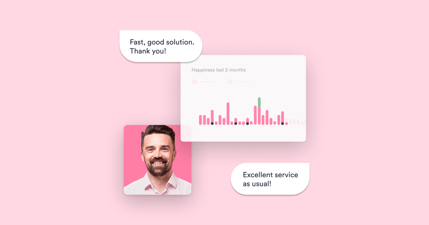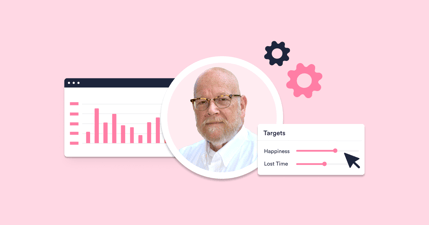Motivation of Service Desk Agents
How to use employee experience measurement as motivation for Service Desk teams and agents. How seeing the positive will increase their job satisfaction and showing the negative will allow agents to learn from their work.
Related content

5 minute read
07.03.2024
Motivate your Service Desk with Experience Management Data
Service desk agents working on an IT service desk might receive negative feedback about their IT support performance ...
Read more >
7 minute read
02.05.2024
Lessons from Old-School Metrics: The Limits of Utilization
Agent Utilization is one of the many metrics tracked by service desks to manage costs since the service desk is usually ...
Read more >
